Chimney relining
Or Call Us on 01360 660111
Why Chimney Lining Matters for Stoves and Open Fires
Lining a masonry chimney is crucial for the safety, efficiency, and longevity of both your chimney and the appliance it serves. Whether you’re using a wood-burning stove, multi-fuel stove, open fire, or gas fire, a properly lined chimney ensures safe, effective operation and provides numerous long-term benefits.
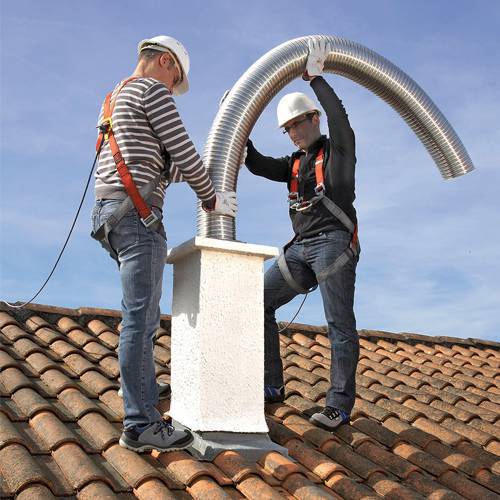
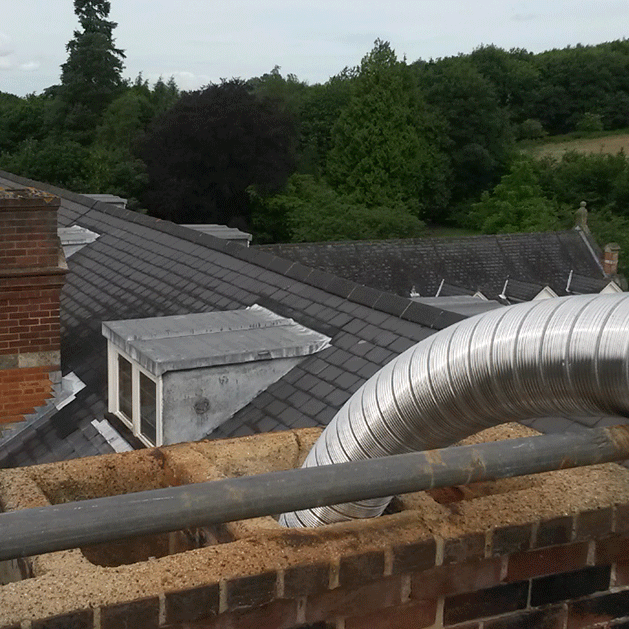
Improved Safety
One of the primary reasons to line your chimney is safety. Over time, masonry chimneys can deteriorate due to heat, moisture, and acidic flue gases. Cracks, gaps, or broken mortar can allow dangerous gases, such as carbon monoxide, to leak into your home. A chimney liner ensures a secure, sealed pathway for these gases to safely exit the property.
For open fires, unlined masonry chimneys can be a serious fire risk, as heat and sparks may come into contact with combustible materials around the chimney. A properly installed liner contains the heat within the flue, significantly reducing the risk of fire hazards and improving overall safety.
Enhanced Appliance Efficiency
Modern appliances like wood burners and gas fires are designed to function with specific chimney dimensions to ensure optimal performance. Many masonry chimneys are too large for these appliances, which can lead to inefficient draft and poor combustion. A chimney liner reduces the flue size to match the appliance’s requirements, improving the draft, enabling more efficient burning, and reducing fuel consumption.
For wood-burning stoves, using the right-sized liner improves the appliance’s ability to draw in air, enhancing the burning process and helping maintain a steady, strong draft. This results in cleaner burning, which reduces smoke and creosote buildup, making your system more efficient and safe.
Protection Against Creosote and Acidic Condensation
When burning wood or coal in a stove or open fire, creosote—a highly flammable byproduct of combustion—can accumulate inside the chimney. A stainless steel chimney liner or insulated liner helps minimize creosote buildup by maintaining a warmer chimney interior, which ensures better combustion and reduces the risk of chimney fires.
For gas fires, the combustion gases are often cooler and more acidic compared to those from wood-burning appliances. Without a liner, these gases can cause condensation, leading to moisture buildup that corrodes the masonry, weakens the chimney structure, and creates potential leak paths for dangerous fumes. A proper chimney liner prevents this, preserving both the chimney and the safety of your home.
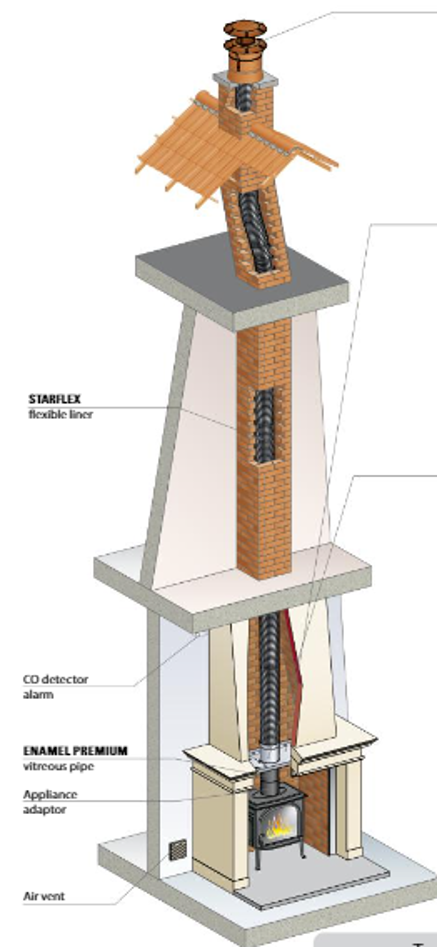
Prevents Heat Damage to Surrounding Structures
Unlined chimneys allow excessive heat to transfer directly to the masonry structure and nearby combustible materials, such as wooden framing or roofing. Over time, this heat can cause these materials to dry out and become more susceptible to catching fire. A properly installed chimney liner acts as a barrier, keeping the heat contained within the flue and preventing damage to both the chimney walls and the surrounding structure.
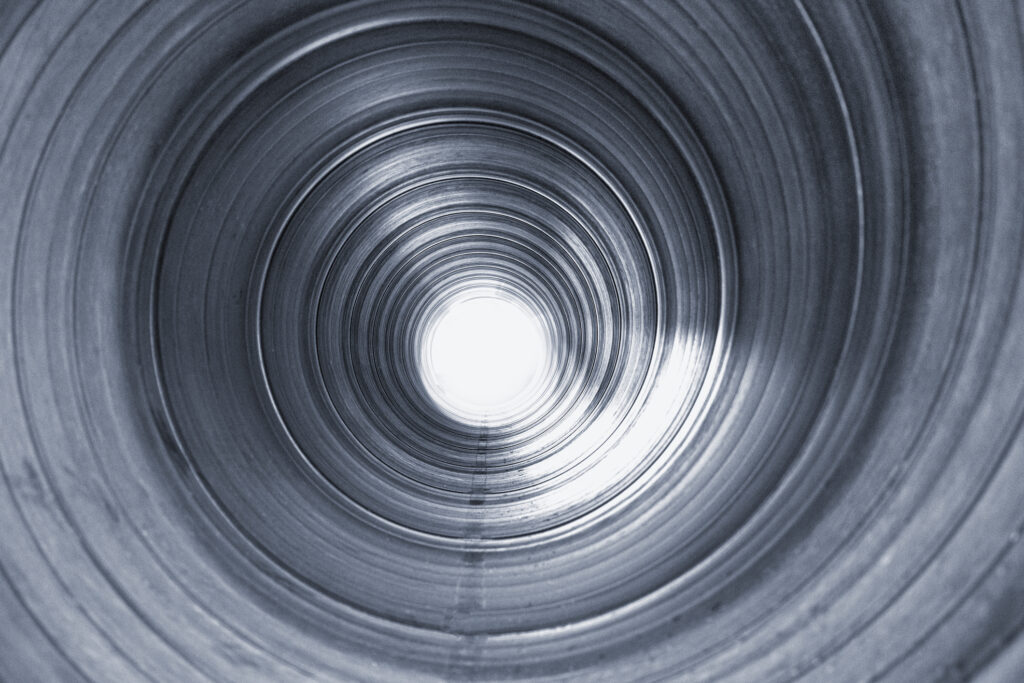
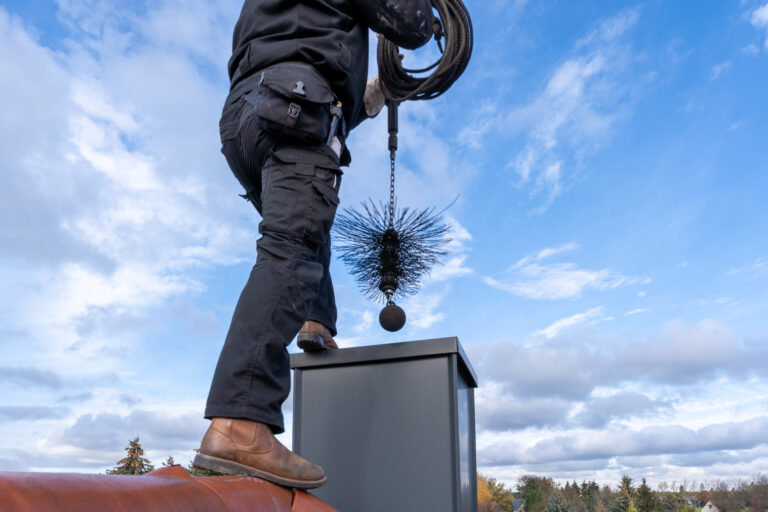
Easier Maintenance and Longevity
A lined chimney is easier to clean and maintain. With a smooth, continuous surface, chimney liners reduce the buildup of soot, creosote, and other debris, making chimney sweeping more effective. Additionally, a chimney liner protects the masonry from the wear and tear caused by thermal expansion and corrosive gases, ultimately extending the lifespan of the chimney and reducing the need for costly repairs.
Learn more about our chimney sweeping services here:
Compliance with Building Regulations
In many areas, lining a chimney is required by building regulations, especially when installing a new multi-fuel stove, wood burner, gas fire, or open fire in an existing chimney. A chimney liner ensures the chimney meets modern safety standards and is often necessary to gain approval from organizations such as HETAS (for solid fuel appliances) or Gas Safe (for gas appliances). This compliance not only ensures safety but also guarantees that your installation is fully legal and certified.
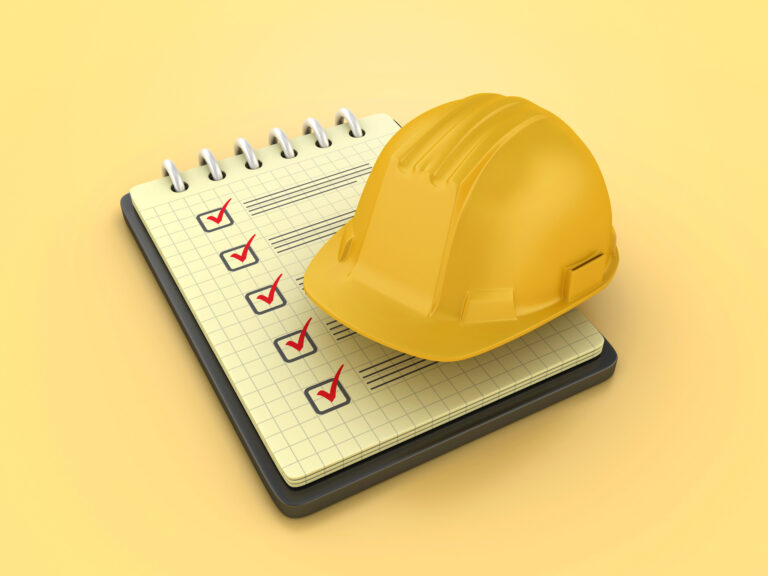
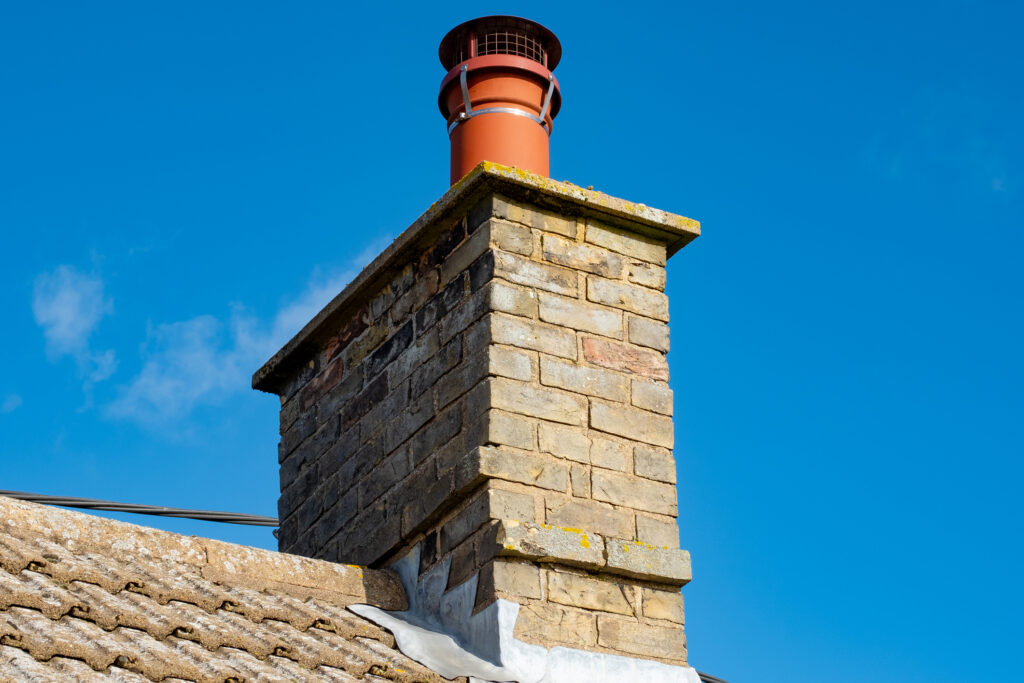
In Summary
- For Wood Burners & Multi-Fuel Stoves: A chimney liner improves draft and efficiency, reduces creosote buildup, and prevents heat damage to the chimney structure.
- For Open Fires: A chimney liner enhances safety by containing sparks and heat, while also ensuring the chimney operates efficiently.
- For Gas Fires: A chimney liner prevents corrosion from acidic gases and ensures the safe removal of combustion products, protecting your home from potential hazards.
Chimney liners are essential for the longevity of your chimney and the safety of your home. They help protect against chimney fires, structural damage, and the dangerous infiltration of gases like carbon monoxide, all while enhancing your heating appliance’s performance and efficiency.

